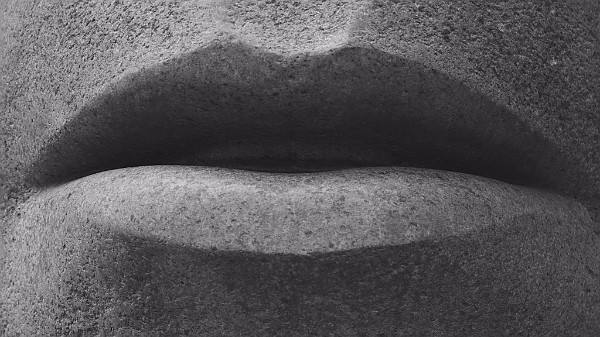Torah Sparks
Leviticus 14:1 – 15:33
In a leap of imagination and insight, our Sages perceived that the unique preoccupation of the Torah with a strange skin affliction – its detection, handling and possible purification – a discussion that spans the Torah portions of last week and this, is really a cautionary tale about the misuse of our gift of speech. The afflicted “leper” or m’tzora, who gives this Torah portion its name, is understood to be given this label because he is a motzi shem ra – a slanderer. In making this leap our teachers pushed us away from surface considerations about how people or things might look in public, to a more difficult struggle with the often unseen or subtle ways we enjoy using our speech to judge, undermine, and belittle others while all the while feeling very satisfied about ourselves.
While this lesson often stands on its own when we read these Torah portions during any given year, it is fortuitous that this year we read this portion right before Passover. As a result, we may broaden our exploration of some aspects of the ethics of speech that arise by placing the Torah reading and Pesah together. The holiday of Passover is marked by a special ritual of speaking – the haggadah. Talking is a mitzvah unique to Passover. Indeed, the mystical masters explained that the Hebrew name of the holiday – Pesah – was really a contraction of the two words – peh sah – the mouth speaks. They explain that speech is a gift that we enjoy when we become free. Under oppression and slavery a person’s speech is severely constricted and hushed. But once one is free one may say anything one wishes, anytime, and in any tone of voice. This is called “freedom of speech.” At Passover, not only were the Israelites liberated, but so was their power of speech.
But how shall we use this great power? Our Torah portion sets up the leper as the model of a person who has abused their power of speech. This unique affliction is not a real physical malady to be classed along with all our other ailments and diseases. Rather, it is a special visitation from Heaven to punish the abuse of the sacred gift of language. It has become fashionable to defend gossip as beneficial to social bonding. But more often that not such bonding is achieved – temporarily, if at all – at someone else’s or some other group’s expense. We nod knowingly as we hear each other analyze or belittle some other person or collective.
The Passover haggadah, on the other hand, encourages us to use our powers of speech to build real community. This is done in numerous ways that run counter to the tropes of gossip. Thus, for instance, while we aver that the Egyptians enslaved us, we also are required to put ourselves down by recalling our spiritual failings from which God redeemed us. We learn that, rather than putting others down, or emphasizing our victimhood, engaging in self-critique is mandatory, if it is done for constructive purposes. And, in perhaps the ultimate anti-gossip move, the haggadah says not a word about the most fascinating person of the whole story, Moses. Instead, the haggadah encourages us to ask each other questions, to seek mutual understanding and to sing praises.
The present social climate in our country is noxiously polluted by the content and manner of our public discourse, in rampant betrayal of our gift of speech. With this Torah reading falling at this time we are being challenged to liberate ourselves from the tyranny and servitude of irresponsible and evil speech and instead, to celebrate the communicative and creative power of our words.
Shabbat Shalom
Rabbi David Greenstein
![]()
Subscribe to Rabbi Greenstein’s weekly d’var Torah
Image(s): “Lips of Stone” © Hanna Sörensson used with permission via Creative Commons License
- Toby Stein: In Memoriam - Thu, Feb 8, 2024
- Faithfulness and Hope: Parashat Sh’lach - Thu, Jun 23, 2022
- Past Their Prime: Parashat B’ha`a lot’kha - Thu, Jun 16, 2022

